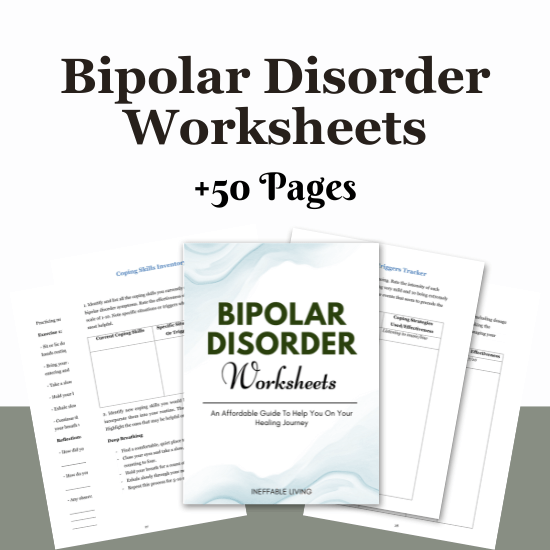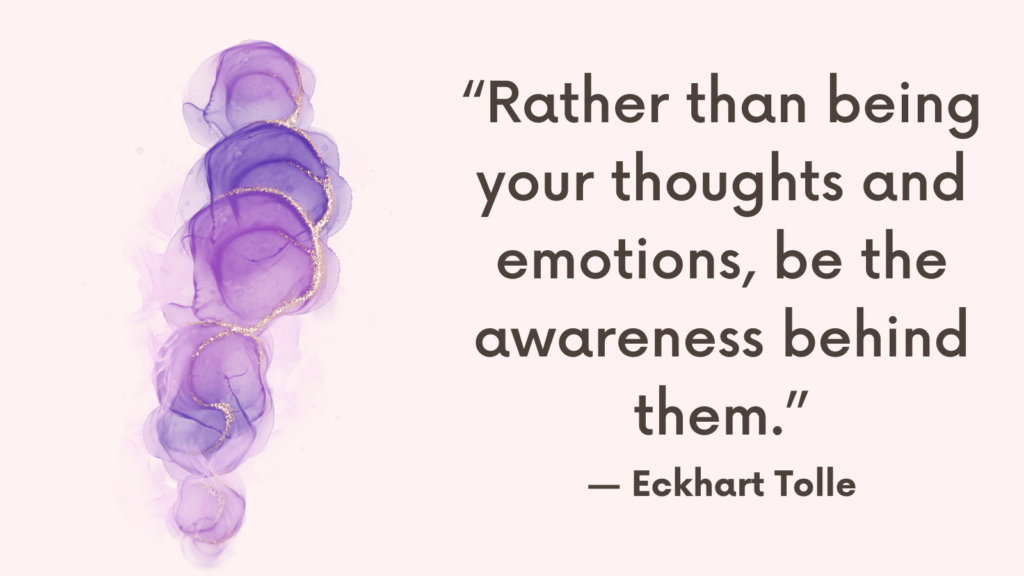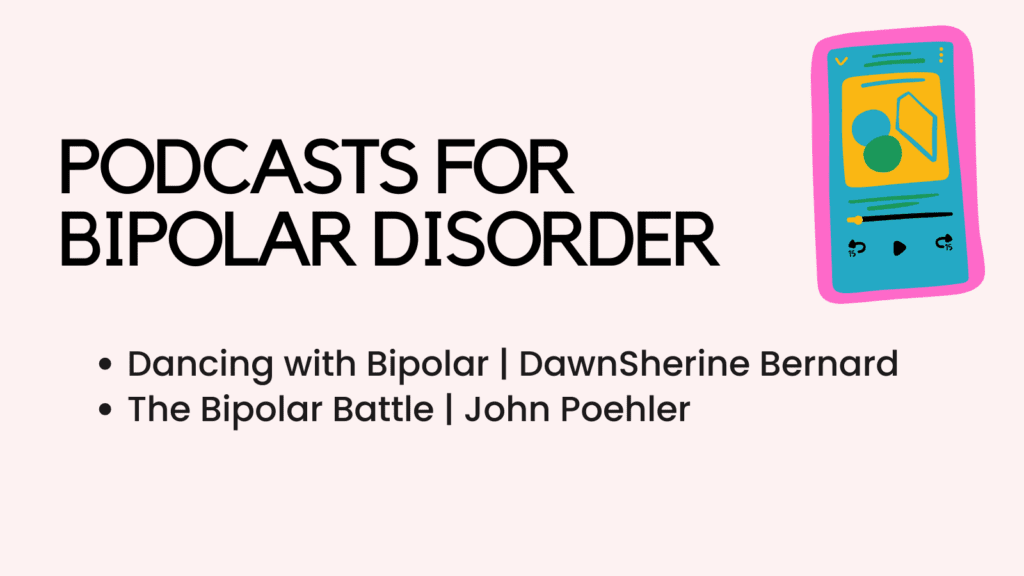Identifying the early signs of a manic episode, known as the manic prodrome, can be crucial for individuals with bipolar disorder.
Recognizing these signs allows for timely intervention, potentially preventing or lessening the impact of a full-blown manic episode.
Here are three common prodromal symptoms to watch for.
3 Early Signs of Mania
1. Elevated Mood
An elevated mood is more than just feeling good; it can involve feeling invincible or having an unusual level of confidence and audacity.
This mood shift often requires external validation from someone close to recognize its severity.
After emerging from a depressive episode, an elevated mood might feel like a relief, making it challenging to see it as a warning sign.
It’s essential to note that this elevated mood is not just happiness but an exaggerated sense of well-being that is disproportionate to the situation.
2. Decreased Need for Sleep
During the prodromal phase, individuals may not feel the need for sleep.
This is different from disrupted or poor-quality sleep common in bipolar disorder.
Instead of struggling to fall asleep or stay asleep, you may feel completely energized without needing sleep.
A key sign is staying up all night without feeling tired or recognizing the need to go to bed.
This can signal an impending manic episode, and recognizing this pattern can help in seeking timely medical advice.
Early intervention might involve adjusting medications, such as increasing mood stabilizers or addressing sleep issues directly.
Timely adjustments can help halt the progression of mania or reduce its severity.
Related: DBT For Bipolar: How To Self-Manage Bipolar Disorder Using Dialectical Behavior Therapy (DBT)?
3. Increased Activity
Increased activity can manifest in various ways, such as heightened interest in work, excessive studying, or creative bursts.
For example, hypersexuality can be an early sign, indicating increased activity in one’s personal life.
Another form of increased activity is agitation, characterized by pacing or an inability to sit still.
This restlessness can escalate to irritability or anger, signaling the build-up to a manic episode.
Strategies to Manage Early Signs of Mania
1. Learning from Past Episodes
Often, the first manic episode is only recognized in retrospect.
After recovering, reviewing the weeks or months leading up to the episode can reveal patterns and early signs that were missed at the time.
2. Identifying Personal Patterns
Work with your doctor, therapist, or a close friend to identify specific behaviors or changes in mood, sleep, and activity that precede your manic episodes.
Document these signs and share them with someone who can help monitor for early warnings.
Related: Resources For Bipolar Disorder (Information, APPS, Podcasts, Books)
3. Seeking Professional Help
If you notice early signs of mania, it’s crucial to consult your doctor.
Even if immediate medication changes aren’t necessary, staying alert and prepared can help manage the situation effectively.
4. Maintaining a Regular Routine
Maintaining a regular routine, particularly with sleep, is vital.
Social rhythm therapy, which emphasizes keeping consistent daily routines, can shorten recovery times and extend periods between episodes.
5. Importance of Sleep
Aim for seven to nine hours of sleep per night.
For many with bipolar disorder, sleeping less than six hours can trigger rapid cycling, which involves experiencing more than four episodes a year.
Related: Best 10 Bipolar Books

Conclusion
Recognizing the early signs of mania can be instrumental in managing bipolar disorder effectively.
By understanding and monitoring these prodromal symptoms, you can take proactive steps to prevent or mitigate manic episodes.



